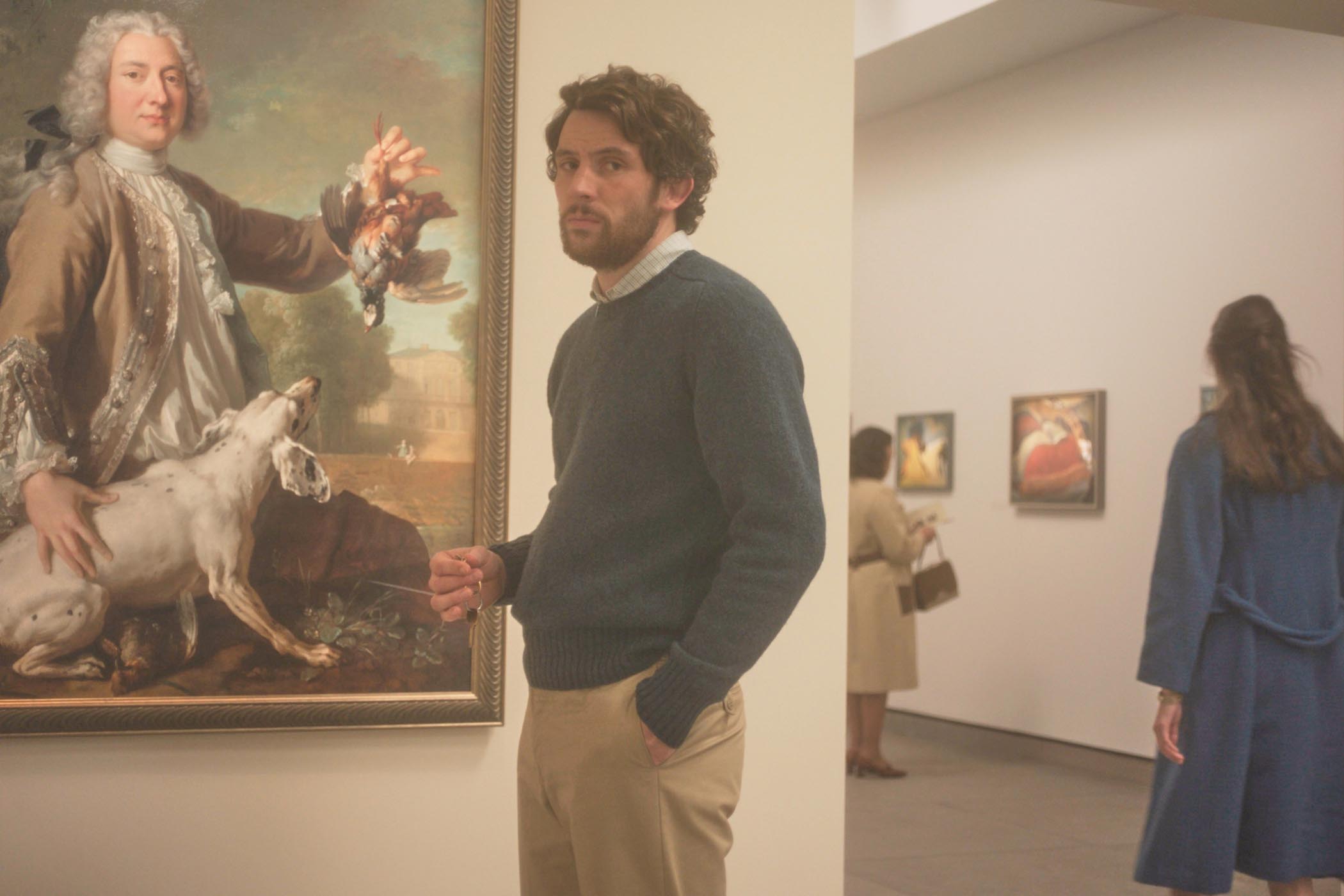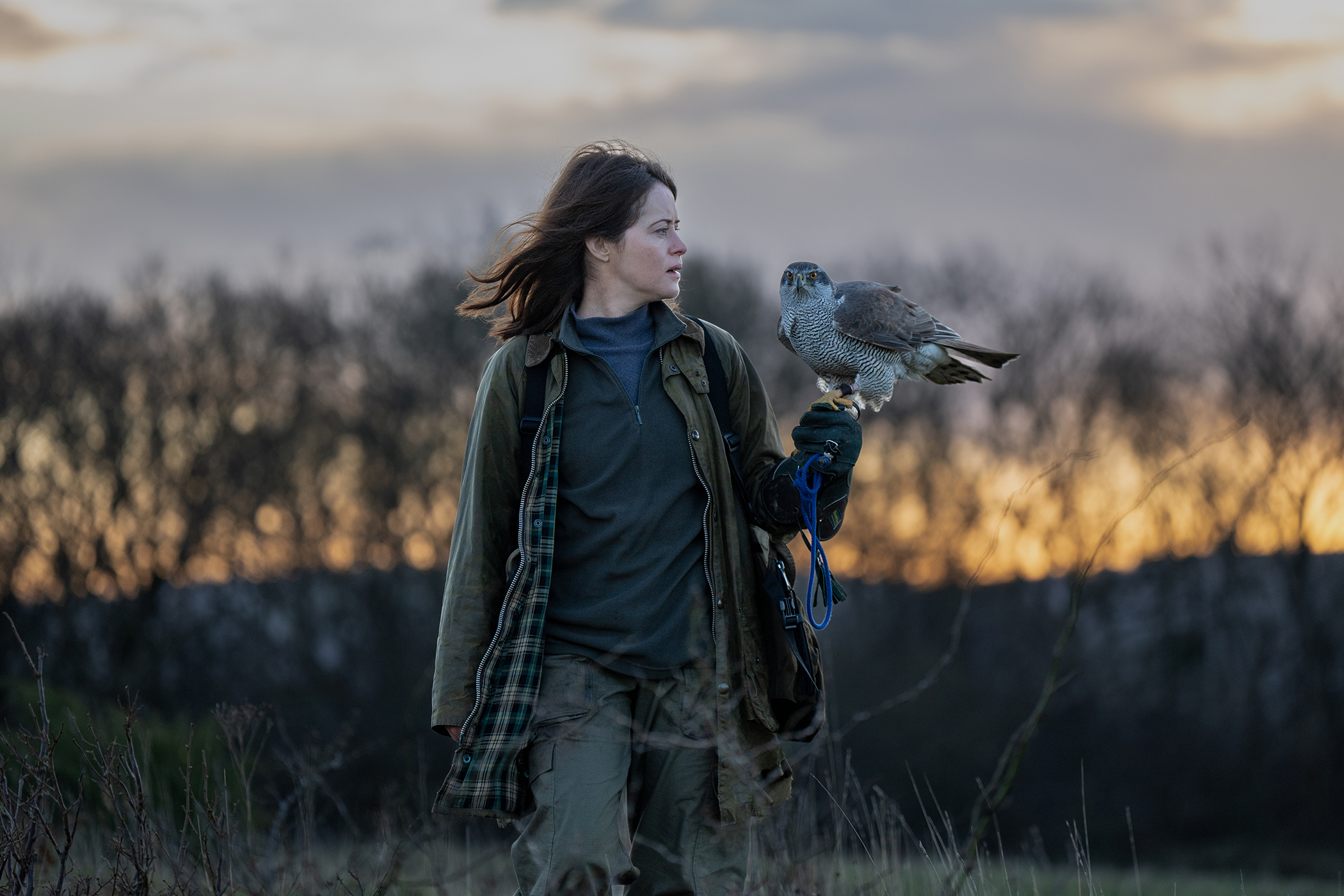The film-maker Kelly Reichardt has an aversion to the obvious. The writer-director – whose work includes the tragicomic story of frontier male friendship and cake-baking First Cow; Certain Women, her finely wrought study of intersecting female lives in Montana; and the muted and slow-burning eco-terrorist thriller Night Moves – makes movies that subtly defy our expectations.
At times, it seems as though she is as interested in the spaces around the themes and the subjects of her pictures as the themes themselves. Reichardt is not an artist who makes noisy, overt statements with her work, nor is she interested in holding the audience’s hands and leading them to a foregone conclusion. But the light touch, wry humour and deceptive simplicity of her craft belies the complexity of the stories that she tells. Reichardt’s features are invariably about so much more than they initially seem to be.
Take her terrific latest picture, the 1970-set drama The Mastermind. It’s essentially an art heist movie in which lead actor Josh O’Connor plays married father of two James Blaine Mooney (JB to his friends), who devises what he misguidedly believes is a perfect crime: the theft from a provincial museum of four paintings by the abstract artist Arthur Dove.
The conventions of the heist genre tend to be about building tension, positioning the crime itself at a pivotal climactic point in the third act. But a Reichardt heist movie is a very different beast. She gets all the excitement out of the way near the beginning of the story. What fascinates her is not the blood-pumping tension of the execution of the crime, but its brooding, languid, introspective aftermath.
This is a character study of an unexceptional man, who believes he is special, as he is slowly and inexorably forced to contemplate his own mediocrity
This is a character study of an unexceptional man, who believes he is special, as he is slowly and inexorably forced to contemplate his own mediocrity
This is a character study of an unexceptional man, who believes he is special, as he is slowly and inexorably forced to contemplate his own mediocrity. Always a physically expressive actor, O’Connor is phenomenal here: his posture shifts gradually from the light-footed dance of a man shored up by self-belief to the hunched watchfulness of a cornered, bewildered animal. In tune with the minor key melodies of a Reichardt picture, this is a performance that downplays drama: there are no excessive displays of emotion or broadly comic beats. But this is magnetic, compulsively watchable work from O’Connor, who is shaping up to be one of the finest actors of his generation.
The film is more than an examination of the failures of a flawed man: it is a story about dissatisfaction and dissent. The year is 1970 and the US is at war in Vietnam. Reichardt doesn’t train her lens directly on it but the conflict, and the public protests it sparked, are there in the background, lurking in the periphery of the frame, in the news broadcasts and the newspapers that JB scans for any mention of his crime. There’s a frazzled, fractious tension in the air, and he is caught up in it.
The pathos lies in how easy it would be for JB to have a perfectly good life. He has a wife, Terri (Alana Haim), who understands and supports him (she works while he dreams and schemes) and two quirky sons who worship him (fraternal twins Jasper and Sterling Thompson deliver lovely, unmannered and entirely natural performances). His mother, Sarah (Hope Davis), is supportive, perhaps to a fault; his father, Bill (Bill Camp), a local circuit judge, is gruffly critical of JB’s lack of career momentum, but can support him as a well-connected pillar of society. It’s all there – future contentment, pretty much laid out on a plate. But JB knows better. He has spotted a shortcut to success and he’s going to take it.
Superbly designed by Anthony Gasparro and photographed by Christopher Blauvelt, The Mastermind looks glorious. With a tawny, tobacco-stained tint to the light, it looks as if a William Eggleston photograph had been brought to life. The picture walks a delicate balance: it looks authentic and occasionally absurd (a hand-cranked rear window on the stolen getaway vehicle is a laugh-out-loud moment) without tipping into distracting period kitsch. It’s a loving homage to a golden period of American film-making and the maverick New Hollywood cinema of the 1960s and 70s, populated by drifters, dropouts, burnouts and wastrels.
Related articles:
But it’s the score by Rob Mazurek that is the masterstroke of The Mastermind. This skittering, quick-witted jazz is achingly cool, bringing to mind chain-smoking beat poets or long-limbed French New Wave starlets striding through Paris. It’s exactly the kind of music that a character such as JB – who remains doggedly, tragically convinced of his own genius until the very end – would choose as his personal soundtrack.
Photograph by AP
Newsletters
Choose the newsletters you want to receive
View more
For information about how The Observer protects your data, read our Privacy Policy



